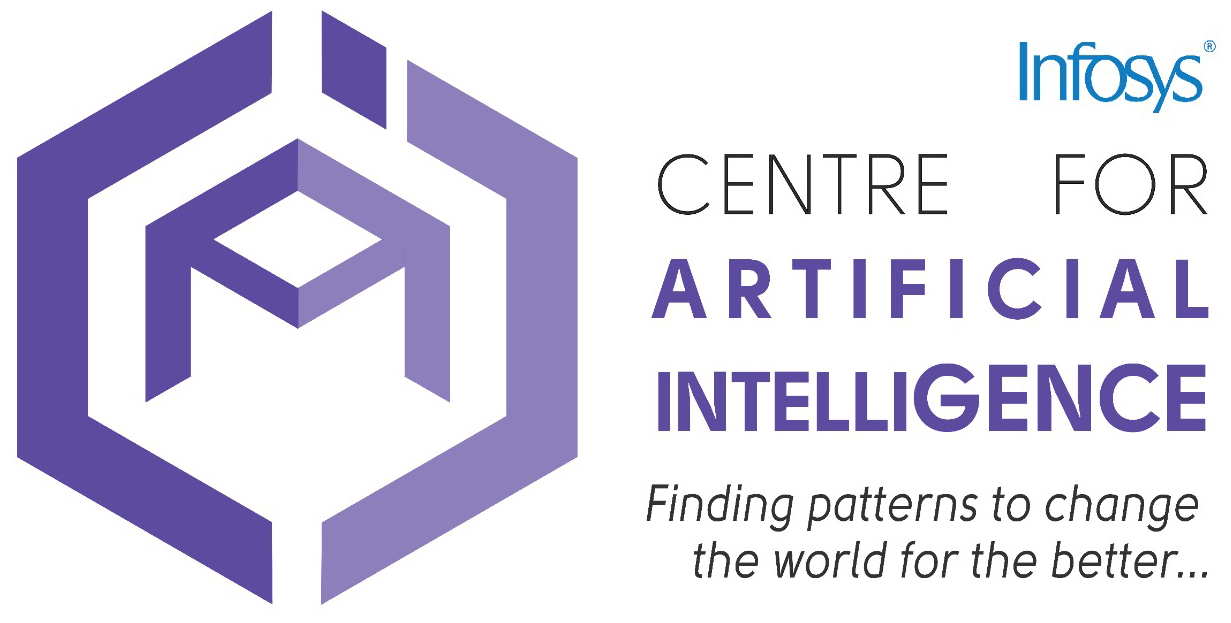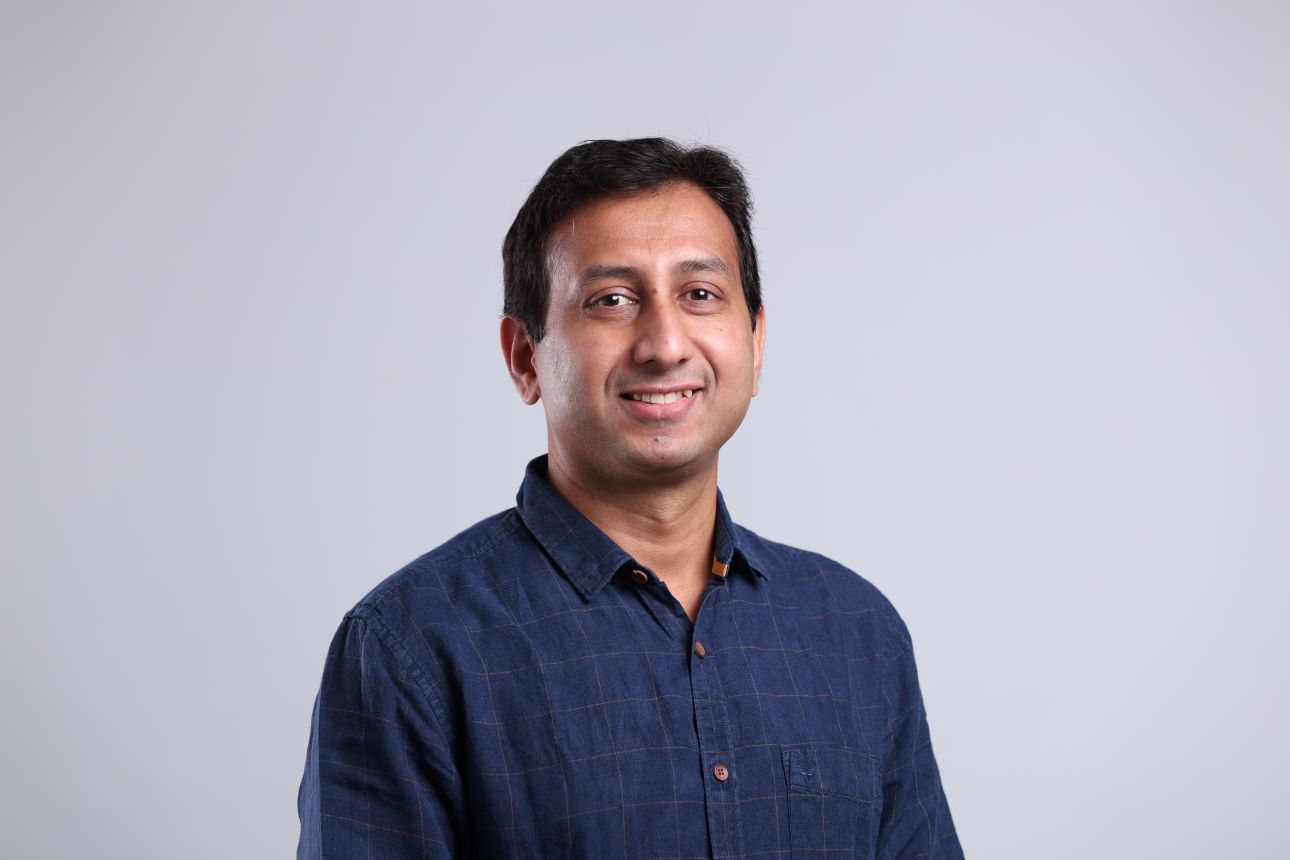

I completed my Ph.D. at Nanyang Technological University, Singapore and undergraduate studies at Indian School of Mines University, Dhanbad, India. I work in the area of Multimedia and Vision, Image Processing and, Machine Learning. In particular, I am working on problems in fine-grained object recognition with applications to object re-identification and visual tracking, adversarial attacks, and cross modal recognition. I am a recipient of the Early Career Research Award, Department of Science and Technology. Our research group – Visual Conception Group maintains an active collaboration with leading institutes like NUS Singapore, QUT Australia, NII Japan, and UiT Norway.
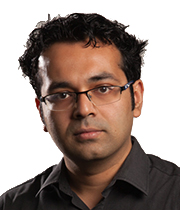

Angshul Majumdar is a Professor at Indraprastha Institute of Information Technology, Delhi. He completed his Ph.D. from the University of British Columbia in 2012; he finished his thesis in a record time of less than two years. His research interests are in algorithms and applications of sparse signal recovery and low rank matrix recovery. Specifically, Angshul is interested in problems in biomedical signal processing and imaging. Angshul has written over 70 journal and conference papers since the inception of his research career in 2007. He has recently written a book on Compressed Sensing based MRI Reconstruction which is in print at Cambridge University Press.
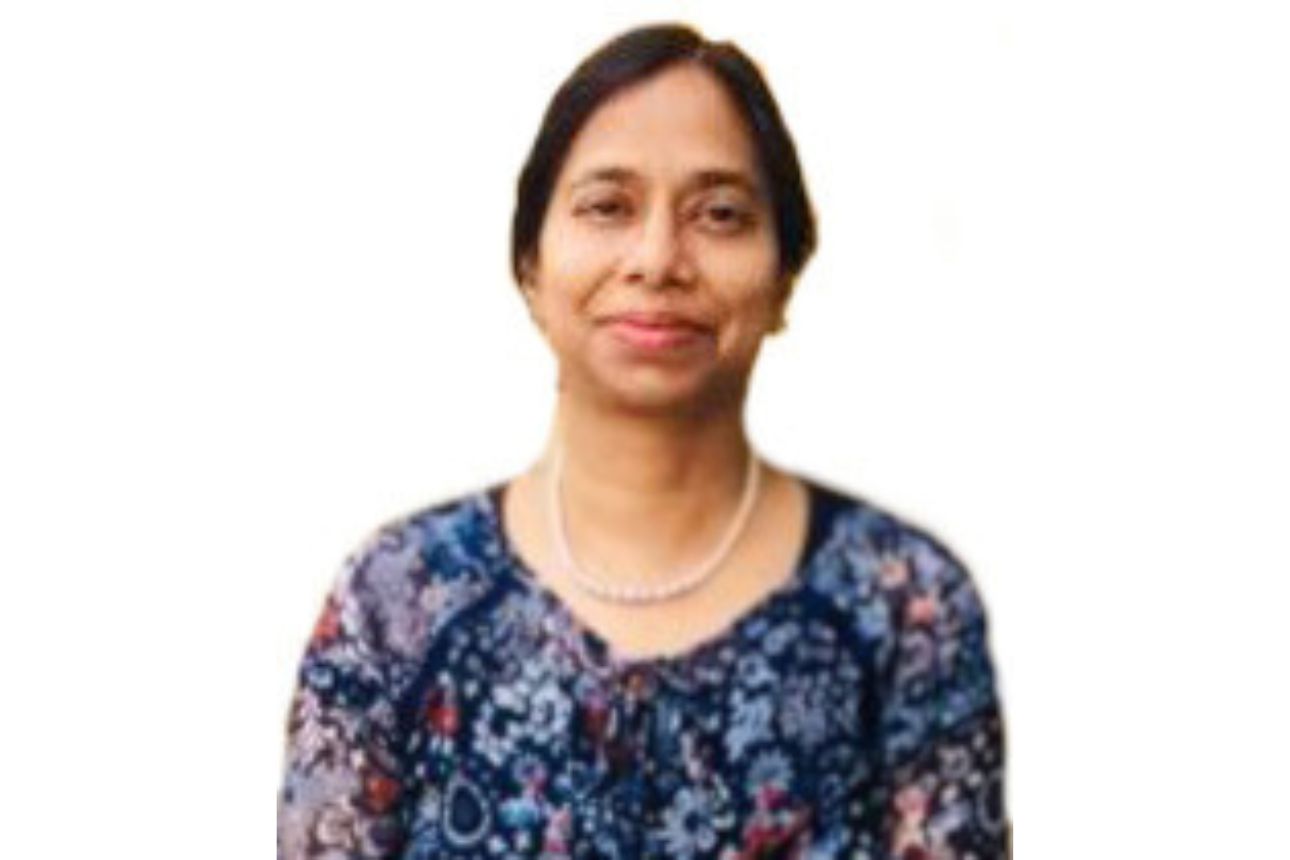

Prof. Anubha Gupta graduated with a Ph.D. degree in Electrical Engineering from IIT Delhi in 2006. She did her bachelor's and master's in ECE from Delhi University in 1991 and 1997, respectively. She started her professional career with the position of Assistant Director at ALL India Radio (through Indian Engineering Services) in 1993 and worked there until Feb. 1999. In Feb. 1999, she joined Netaji Subhas Institute of Technology (NSIT), Dwarka, Delhi. She worked as Assistant Professor in the Computer Engineering Department at NSIT for eight years. From July 2011 to Dec. 2013, she worked as associate professor at IIIT Hyderabad. In Dec 2013, she joined IIIT Delhi, where she is currently working as a Professor in the Department of Electronics and Communication Engineering.
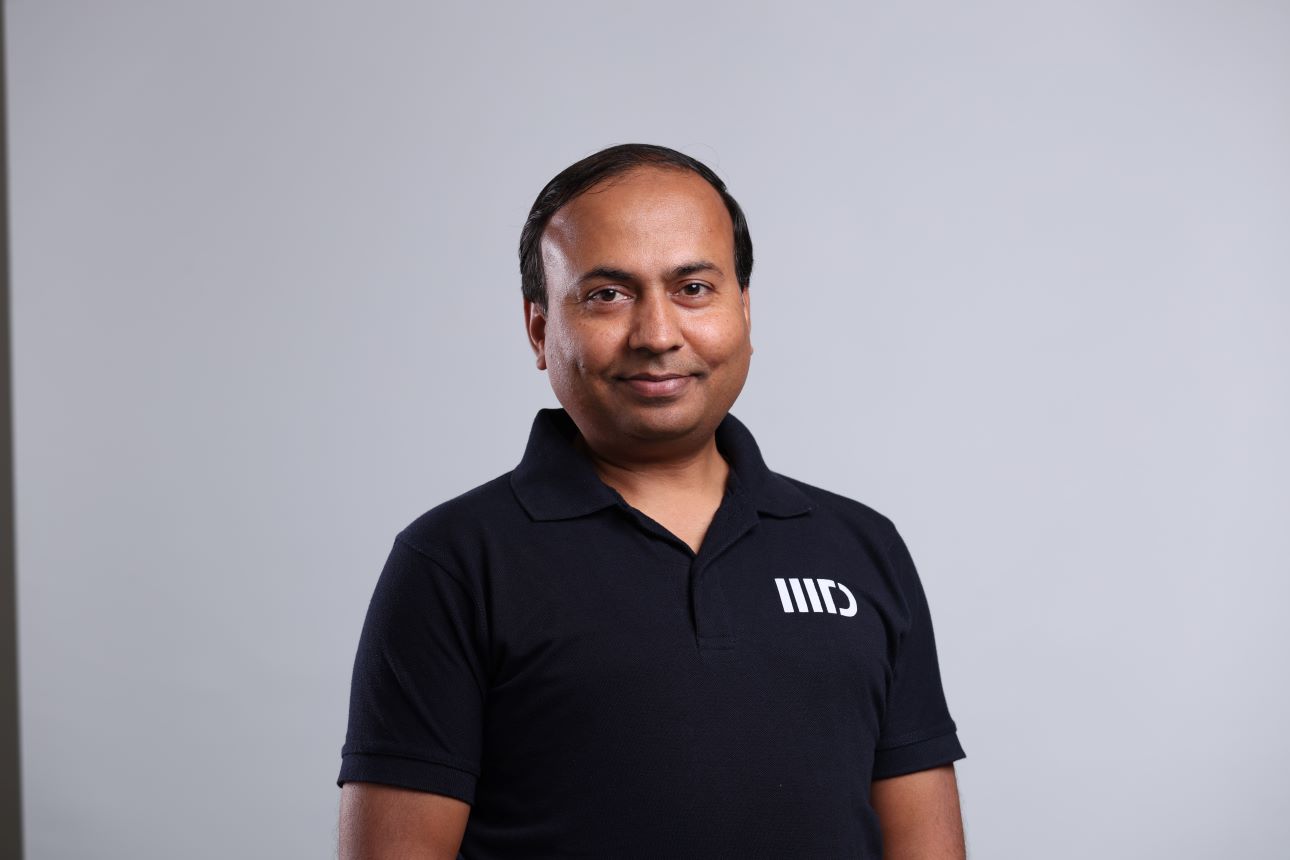

Before joining IIIT-Delhi, Dr. Chatterjee worked as an ISTPlus Postdoc Fellow at the Institute of Science and Technology Austria for two and a half years. Prior to that, he worked as a Researcher with IBM India Research Lab for two years post his doctoral studies. Dr. Chatterjee obtained a Ph.D. in Computer Science and Engineering from Chalmers University of Technology, Gothenburg, Sweden in January 2018. His current research interests are Distributed Machine Learning, Concurrent Data Structures, Neural Architecture Search, and Learned Index Structures.
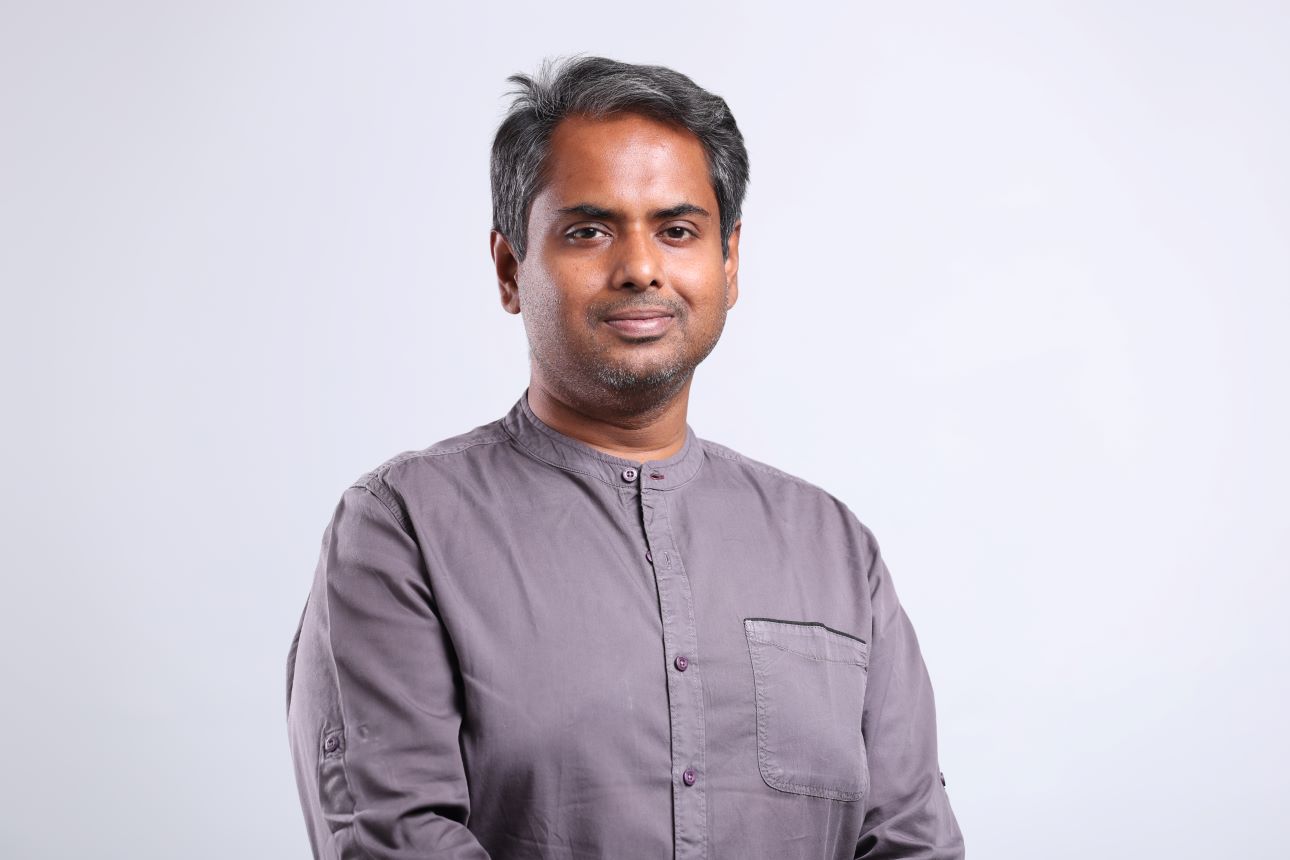

Debarka is an Associate Professor of Computational Biology and Computer Science at IIIT-Delhi. He is also an honorary Associate Professor at the Queensland University of Technology-Brisbane. Debarka carried out his doctoral and post-doctoral research in the Machine Intelligence Unit of the Indian Statistical Institute and Genome Institute of Singapore, respectively. His group has been among the first to introduce big data algorithms in the field of single-cell genomics. He received INSPIRE faculty Award in 2015 by the Government of India. His lab invented and commercialized a panel of eleven platelet genes to track the early onset of cancer.
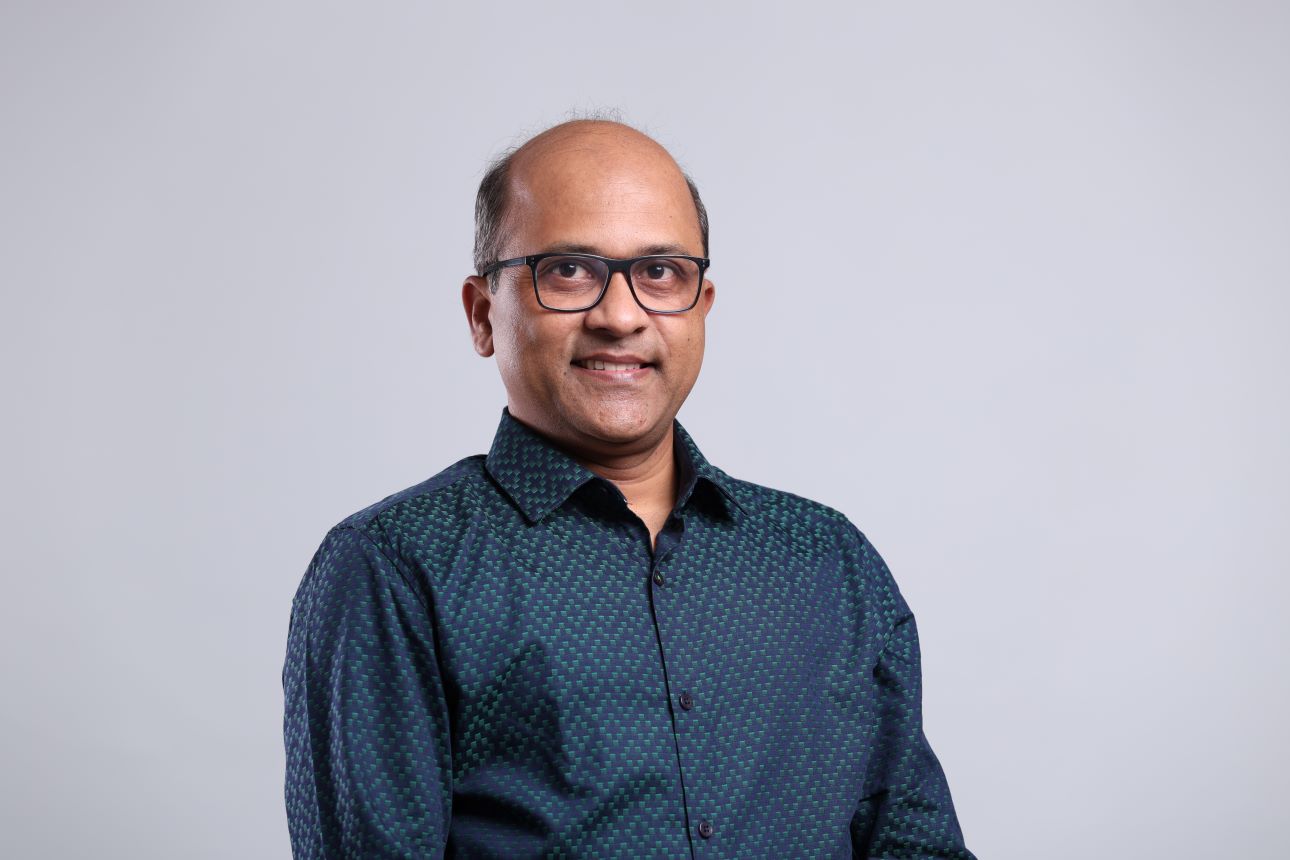

Ganesh Bagler is a computational researcher trained in physics, computer science, and computational biology. Prof. Bagler is well-known for his pioneering research in ‘Computational Gastronomy.’ By building keystone data repositories, algorithms, and applications, he has established the foundations of this emerging data science that blends food with artificial intelligence. Trailblazing research from his lab has significantly contributed to this niche area that deals with food, flavors, nutrition, and public health. A prolific interdisciplinary scientist, voracious reader, science communicator, and TEDx speaker, Ganesh Bagler is an explorer driven by curiosity. He enjoys probing the structure, function, evolution, and design of complex systems (proteins, brain, health, cuisines, languages, and creativity). Prof. Bagler has an audacious dream of transforming the global food landscape by ‘Making Food Computable.’
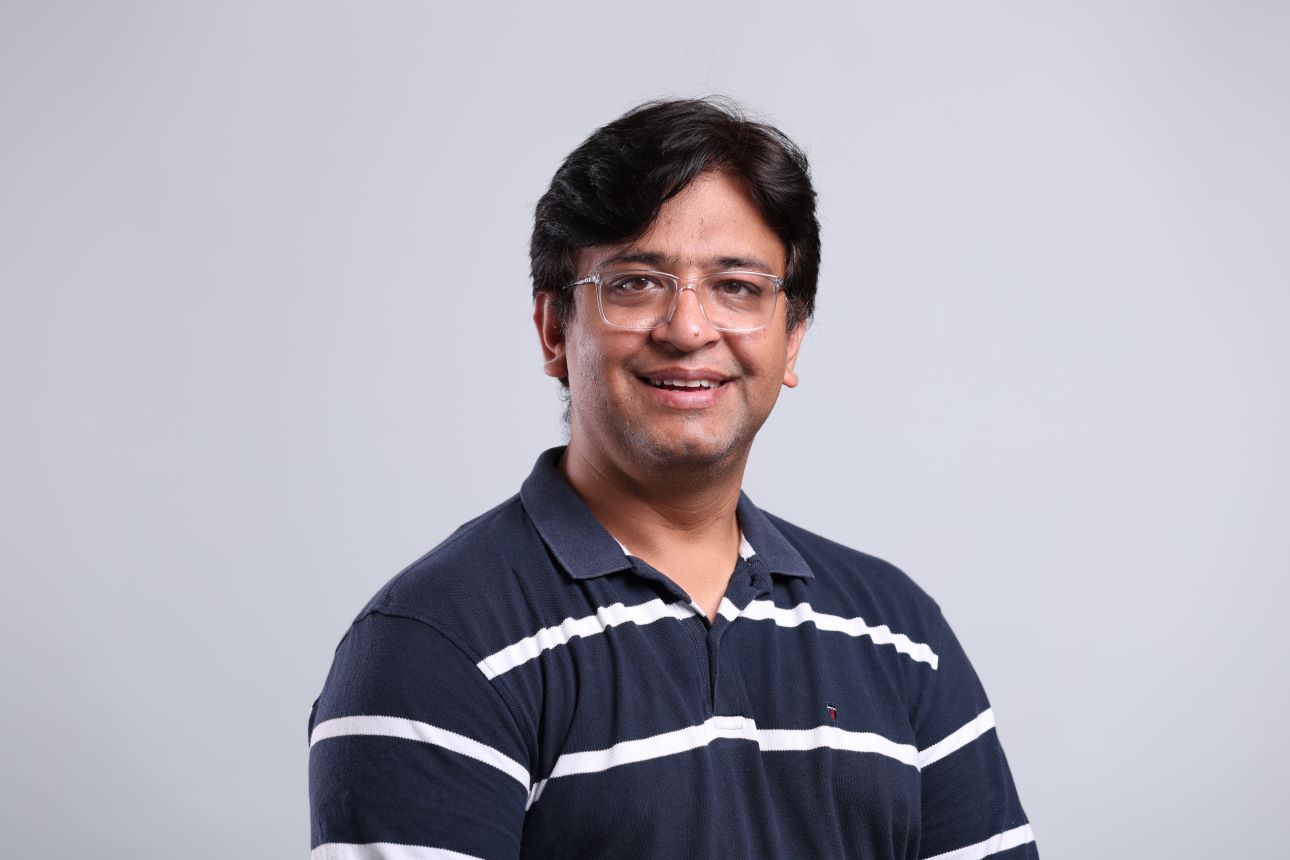

Gaurav Ahuja graduated summa cum laude from the University of Cologne, Germany with Ph.D. in Natural Sciences. He is a molecular biologist by training and possesses a vast experience in functional genomics, especially in dissecting complex biological mechanisms using genome-editing and next generation sequencing-based techniques. After the completion of his Ph.D. degree, he worked as a Post Doctoral Fellow at several renowned institutes, including Center for Molecular Medicine Cologne, Max Planck Institute for Ageing and Lee Kong Chian School of Medicine, Singapore. During this period he worked on multiple model systems, including human pluripotent stem cells, zebrafish, mice and killifish. He has published 14 research articles in peer-reviewed International journals (~250 citations). In addition to this, he also reviewed articles submitted to Nature Publishing Group (Cell Death & Diseases and Scientific Reports). Recently, Dr. Ahuja was shortlisted for the prestigious INSPIRE Faculty Fellowship.
Jainendra Shukla completed his Ph.D. in excellent grades with Industrial Doctorate Distinction and International Doctorate Distinction from Universitat Rovira i Virgili (URV), Spain in 2018. He is the recipient of the prestigious Industrial Doctorate research grant by AGAUR, Government of Spain in 2014. He is enthusiastic about empowering machines with emotional intelligence and adaptive interaction ability that can improve the quality of life in health and social care. His research has been disseminated in several journals and conferences of international reputation, including CHI, IMWUT/UbiComp, IEEE Transactions on Affective Computing. He co-developed the first-ever MOOC course on Affective Computing for NPTEL [https://onlinecourses.nptel.ac.in/noc23_cs36/preview] and is currently leading the European Education and Culture Executive Agency funded project Capacity Building in Robotics & Autonomous Systems in India (IRAS-HUB) [https://iiitd.ac.in/iras-hub/] as the PI. Earlier, he obtained his M.Tech. degree in Information Technology with Specialization in Robotics from Indian Institute of Information Technology, Allahabad (IIIT-A) in 2012 and a B.E. degree in Information Technology from the University of Mumbai in First Class with Distinction in 2009.
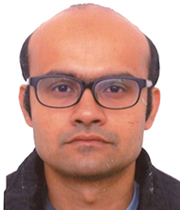

Manohar Kumar completed his PhD in Political Theory from LUISS University, Rome in 2013. He has a Masters in Development Studies from Tata Institute of Social Sciences, Mumbai and a Bachelors in Economics from Hindu College, University of Delhi.
He is currently finishing a co-authored book project titled ‘Speaking Truth to Power. A Theory of Whistleblowing’ slated to be published in 2018.
Prior to joining IIIT-Delhi, Manohar held postdoctoral fellowships at IIT Delhi (2015-2017) and AMSE, Aix Marseille University (2017-2018).
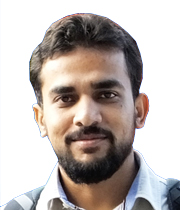

Md. Shad Akhtar completed his Ph.D. in Computer Science and Engineering from IIT Patna in 2019. He received his M.Tech from IIT (ISM), Dhanbad in 2014, and BEng from JMI, New Delhi, in 2009. He also has industry experience of more than two years with HCL Technologies Ltd. He has published research papers in various peer-reviewed conferences and journals of international repute. He has also served as the program committee member and reviewer for numerous international conferences and journals.
His main areas of research are Sentiment and Emotion Analysis in the Natural Language Processing domain. Currently, his area of interest focuses on Dialog Management and Multimodal Analysis.
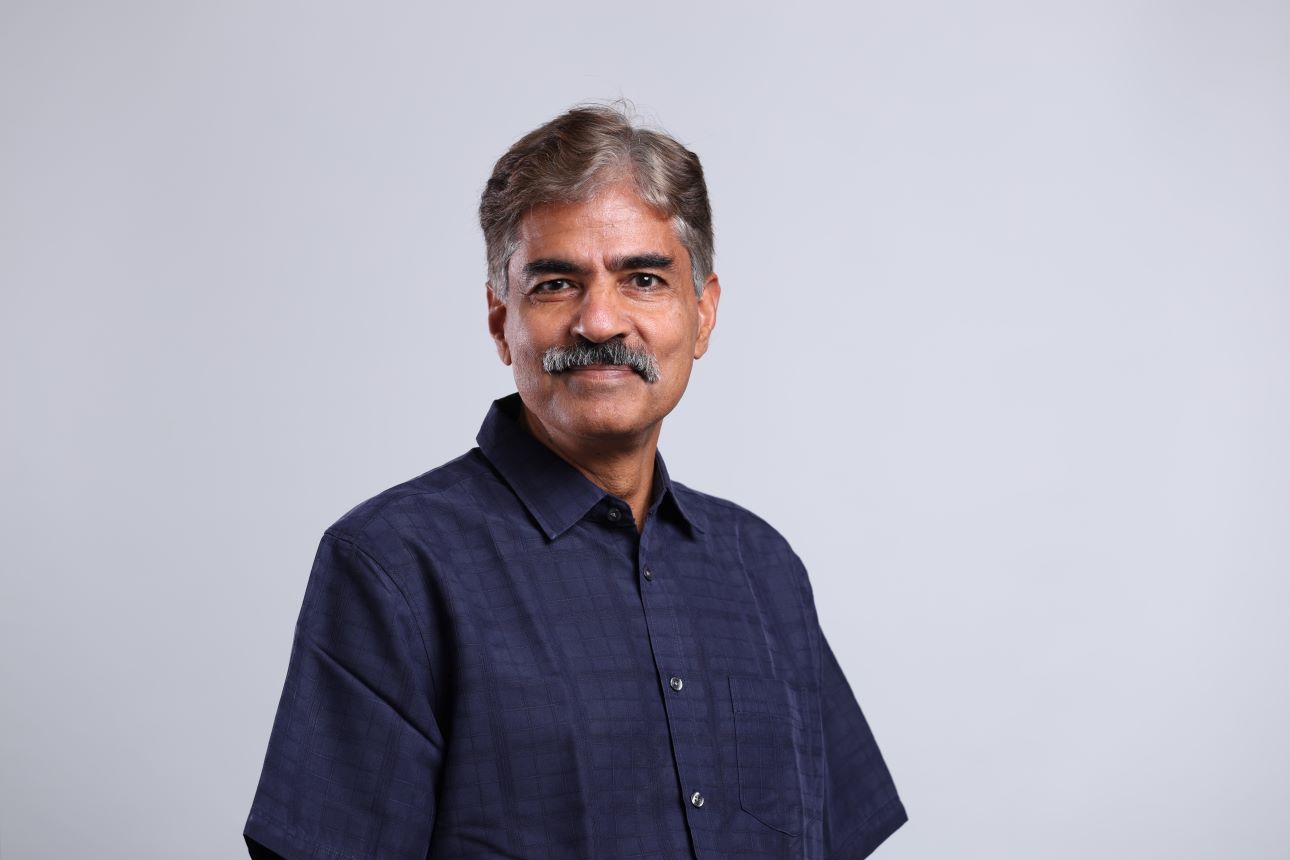

Pankaj Jalote is currently a Distinguished Professor (CSE). He was the founding Director of IIIT-Delhi from 2008-2018. Earlier, he has also been an Assistant Professor at University of Maryland College Park, Professor and Head of Computer Science Department at IIT Kanpur, and Chair Professor at IIT Delhi, . He has also been Vice President at Infosys for 2 years, Visiting Researcher at Microsoft in Redmond for 1 year, and Interim Vice Chancellor of Delhi Technological University (DTU) for six months. He has a B.Tech. from IIT Kanpur, MS from Pennsylvania State University, and Ph.D. from University of Illinois at Urbana-Champaign. He is the author of five books, some of which have been translated in Chinese, Japanese, Korean etc, and the Indian edition of his text on Software Engineering was adjudged the bestselling book by the publisher. His main area of interest is Software Engineering and Higher Education. He has served on the editorial boards of IEEE Transactions on Software Engineering, Intl. Journal on Empirical Software Engineering, and IEEE Trans. on Services Computing. He is a Fellow of the IEEE and INAE.
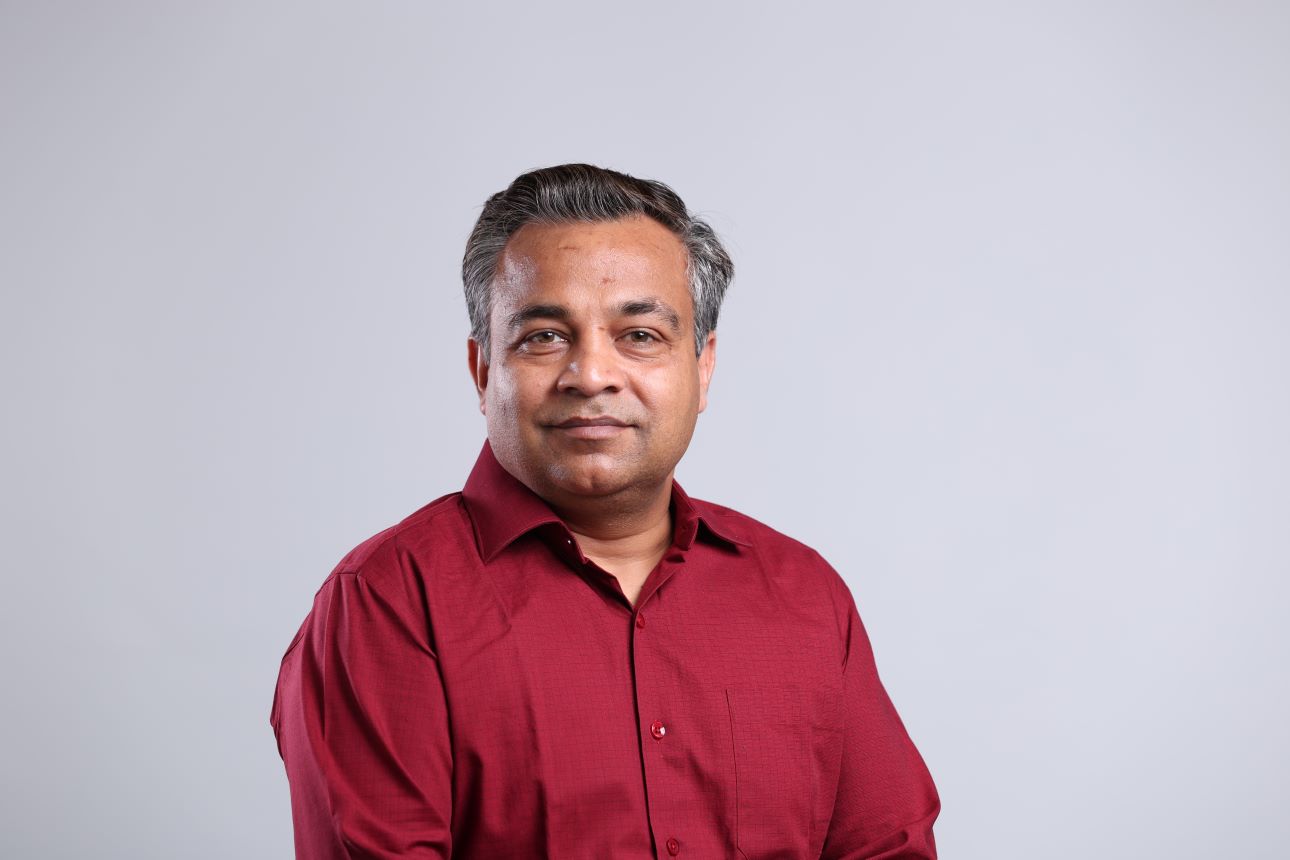

Pushpendra Singh is a Professor at Indraprastha Institute of Information Technology (IIITD), New Delhi. He completed his Ph.D. in 2004 from Inria-Rennes, France in the area of mobile computing. He worked at Portsmouth University, Newcastle University, and Inria-Rocquencourt before IIITD. His primary research interest areas are mobile systems and applications, middleware, and ICT for Development. His work has been successfully transferred to Industry in the past leading to creation of start-ups and new products. His research is funded by DEiTY, ITRA, DST, DRDO, CEFIPRA etc. His work has been deployed in the field for various projects including in projects related to national schemes such as NRHM (National Rural Health Mission) and NREGS (National Rural Employment Guarantee Scheme). Pushpendra Singh has also been appointed Nodal Officer by Govt. of NCT, Delhi for running 181-Women-in-distress helpline. All the software for the helpline has been developed by the team of Pushpendra.
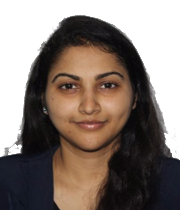

Dr. Ranjitha Prasad obtained her Ph.D. from Indian Institute of Science in 2015. Her experience is in the general areas of signal processing, Bayesian statistics, and more recently, machine learning and deep neural networks. She has been a postdoctoral researcher at Nanyang Technological University and National University of Singapore, Singapore, and a scientist at TCS Innovation Labs, Delhi. She is the recipient of the Best Ph.D. thesis award (The Seshagiri Kaikini Medal) for 2014- 2015 from the Council of Indian Institute of Science, and the recipient of the Best Paper in the Communications Track at NCC 2014, held at IIT Kanpur.
Her current research interests are: Causal Inference, Survival analysis, and sparsity in Bayesian neural networks.
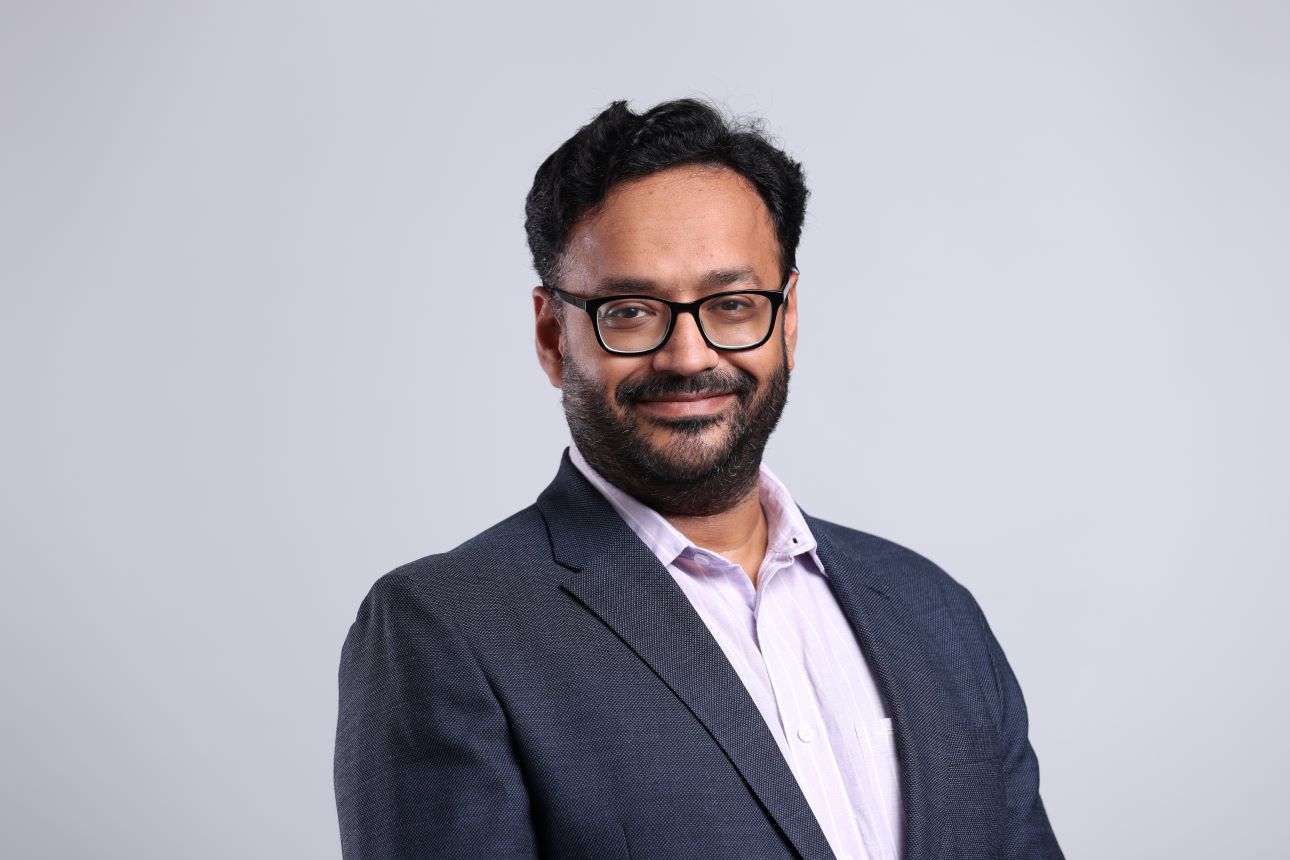

Saket Anand is an Associate Professor at Indraprastha Institute of Information Technology (IIIT), Delhi. He completed his PhD in Electrical and Computer Engineering from Rutgers University in 2013. He was part of the Robust Image Understanding Lab at Rutgers and his current research interests are design of robust statistical methods for heavily corrupted data, 3D scene reconstruction techniques and semi-supervised clustering methods. From 2007 to 2010, he worked as a research engineer at Read-Ink Technologies, Bangalore, developing algorithms for handwriting recognition. His Masters research carried out at Rutgers (2004-2006) involved design and implementation of face recognition and speech recognition algorithms. He is a member of the IEEE.
Sanat holds PhD (2017) in space vehicle navigation from the University of New South Wales, M. Tech (2012) in Aerospace Engineering from IIT Bombay and B.E. (2010) in Instrumentation and Electronics Engineering from Jadavpur University. Sanat's research interests include space vehicle guidance, navigation and control, orbit determination, GNSS-based navigation, non-linear dynamics and estimation algorithms. Sanat was associated with the Australian Centre for Space Engineering Research, where he did his PhD research. He also participated in the development of a nano satellite, UNSW-EC0 which was recently launched into a Low Earth Orbit. He received 2014 Emerging Space Leaders' Grant from the International Astronautical Federation for his research contribution in space engineering.
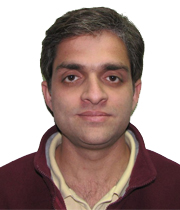

Sanjit K. Kaul received the B.Tech. degree in electronics and communications engineering from the Birla Institute of Technology, Mesra, in 2000 and the Ph.D. degree in electrical and computer engineering from Rutgers University in 2011. Year 2000 onwards, he worked in the telecommunications industry for four years. He was a Research Assistant with the Wireless Information Networks Laboratory from 2005 to 2011. He is currently an Associate Professor with IIIT-Delhi. He works on problems in wireless systems research. His current interests include age-of-information, networking for cyber-physical systems, networks of autonomous vehicles, and autonomous driving.
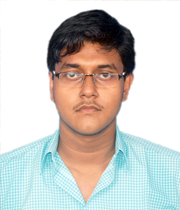

Sayan has obtained his bachelor's degree in Electronics and Tele-Communication Engineering from Jadavpur University, West Bengal in the year of 2014. Subsequently, he has completed his PhD from the control and automation group of Electrical Engineering at Indian Institute of Technology Delhi (January 2015-February 2019). He is working as an Assistant Professor at the Electronics and Communication Engineering Department of Indraprastha Institute of Information Technology Delhi since September 2018. His research on the broad area of nonlinear and adaptive control has got recognition in top-tier journals and conferences of IEEE control systems society. He serves as a reviewer of several reputed journals and conferences including IEEE transactions on Automatic Control, Automatica, IEEE transactions on Neural Network and Learning Systems, International Journal of Adaptive Control and Signal Processing, IEEE Conference on Decision and Control, American Control Conference etc. His current research interest includes adaptive control for uncertain switched systems, online approximate optimal control using reinforcement learning based solutions, adaptive backstepping control and its variants, cooperative control of multi-agent systems, differential games, adaptive extremum seeking control, passivity-based control applications to under-actuated robotics, etc.
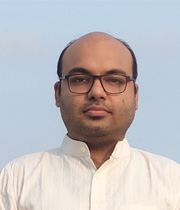

Supratim Shit specializes in scaling machine learning and deep learning models using coresets. He completed his PhD from IIT Gandhinagar. He worked as a postdoc in the department of computer science and Robotics & Big Data Labs at Technion, Israel & Haifa University respectively. His research interests are randomized algorithms. theory & practice of ML/DL models. He has a keen interest in solving real world problems. He regularly contributes to top AI/ML venues like ICML, ICLR, NeurIPS & Aistats as both author and reviewer. During leisure time he likes to indulge in music and traveling.
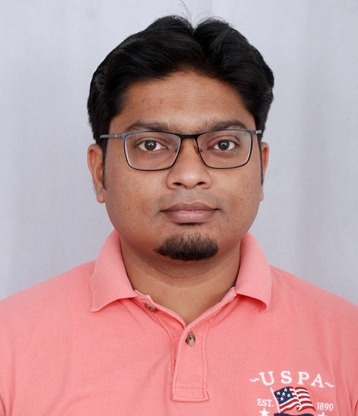

Dr. Tanmoy Kundu was a Postdoctoral Researcher at Technion - Israel Institute of Technology where he worked in the Autonomous Navigation and Perception Lab led by Prof. Vadim Indelman. Tanmoy completed his Ph.D from the department of Computer Science and Engineering, IIT Kanpur, under the supervision of Prof. Indranil Saha. His research interest lies in the areas of robot path and task planning, robot planning under uncertainty, multi-robot coordination. His research led to several publications in top-tier conferences like IROS and ICRA. Prior to joining Ph.D, he did his M.Tech from NIT Tiruchirappalli and B.Tech from West Bengal University of Technology, both the degrees in Computer Science and Engineering. He has three years of work experience in software companies such as SAP Labs India and Cognizant.
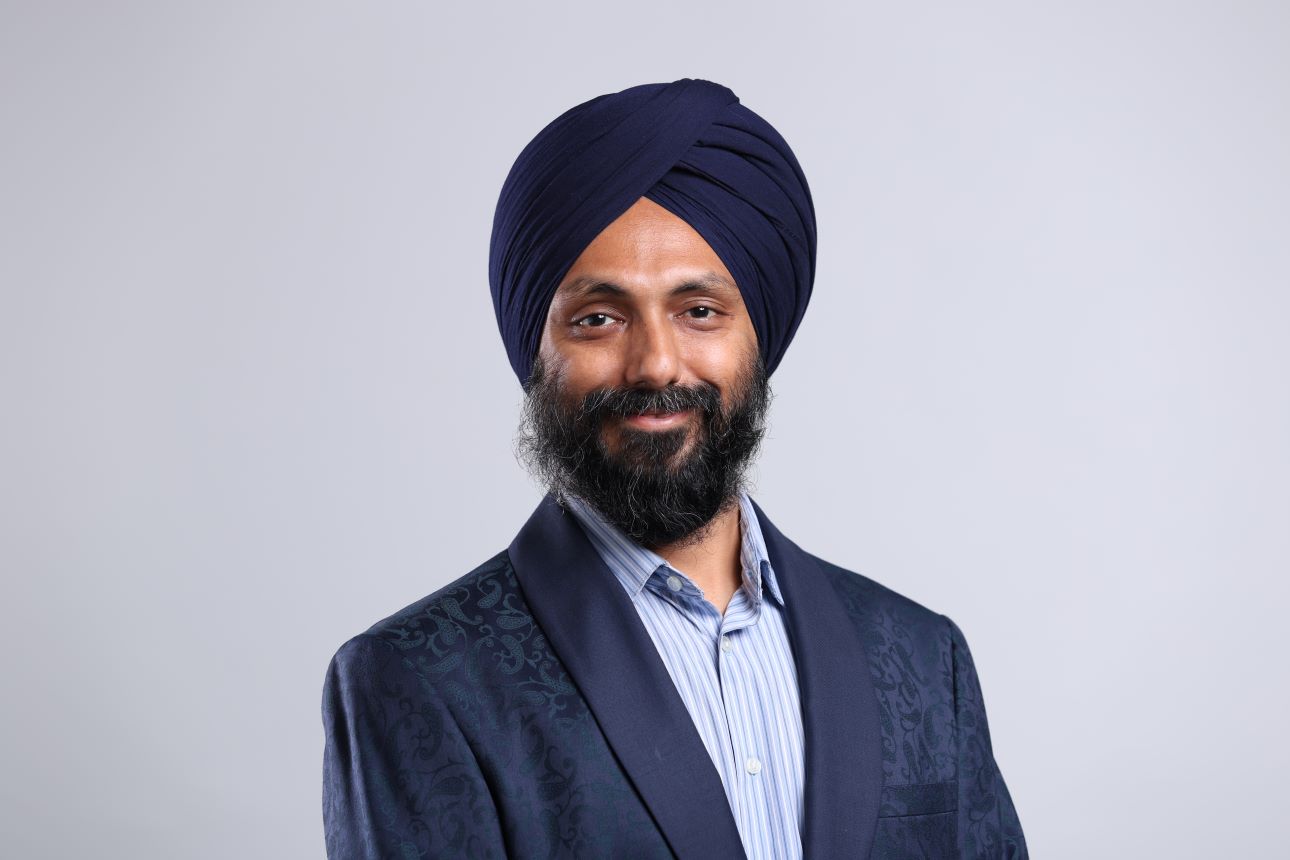

Dr. Tavpritesh Sethi is a physician-scientist and Associate Professor of Computational Biology at Indraprastha Institute of Information Technology Delhi, India and a fellow of the Wellcome Trust/DBT India Alliance at All India Institute of Medical Sciences, New Delhi, India. Over the past two years, he has been a visiting faculty member at Stanford University, School of Medicine from February 2017 to January 2019. He received his M.B.B.S from Government Medical College, Amritsar and PhD from CSIR-Institute of Genomics and Integrative Biology, New Delhi, India. Dr. Sethi specializes in improving outcomes in neonatal, child and maternal health by bridging medicine and artificial intelligence. His research is focused on development and deployment of machine-learning based solutions to enable decisions and policy in pressing healthcare questions such as antimicrobial resistance, sepsis and health inequalities in intensive care and public health settings.
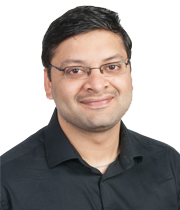

Raghava Mutharaju is an Assistant Professor in the Computer Science and Engineering department of IIIT-Delhi, India and leads the Knowledgeable Computing and Reasoning (KRaCR; pronounced as cracker) Lab. He got his Ph.D. in Computer Science and Engineering from Wright State University, Dayton, OH, USA, in 2016. He has worked in Industry research labs such as GE Research, IBM Research, Bell Labs, and Xerox Research. His research interest is in Semantic Web and in general in Knowledge Representation and Reasoning. This includes knowledge graphs, ontology modelling, reasoning, querying, and its applications. He has published at several venues such as ISWC, ESWC, ECAI, and WISE. He has co-organized workshops at ISWC 2020, WWW 2019, WebSci 2017, ISWC 2015 and tutorials at ISWC 2019, IJCAI 2016, AAAI 2015 and ISWC 2014. He is/has been on the Program Committee of several (Semantic) Web conferences such as AAAI, WWW, ISWC, ESWC, CIKM, K-CAP and SEMANTiCS. More information is available on his lab's homepage at https://kracr.iiitd.edu.in .
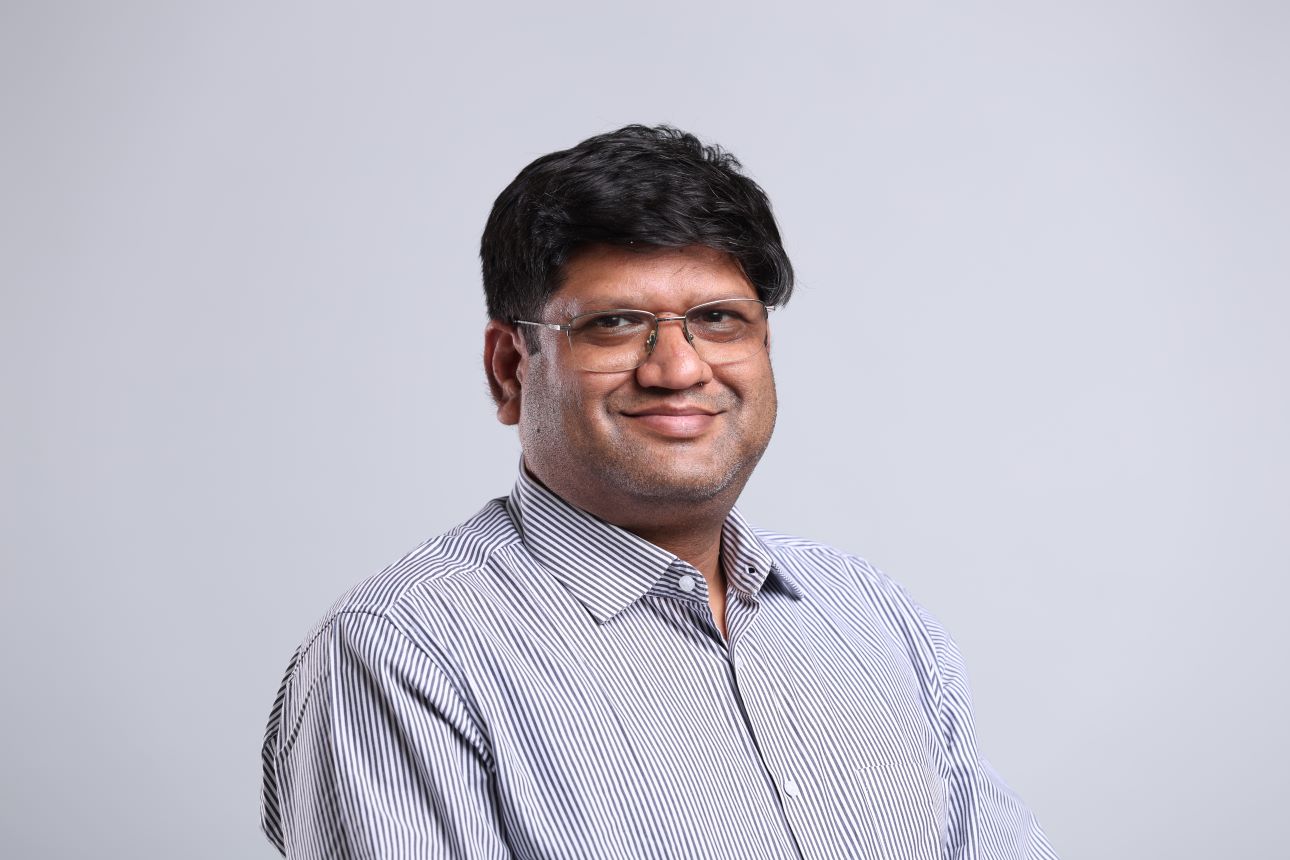

I am a faculty in IIIT-Delhi. I received my Ph.D. in Computer Science and Engineering from the Department of Computer Science and Engineering at IIT Delhi in 2009. Before pursuing Ph.D., I completed my M.Tech. in Information Systems from the Department of Computer Science and Engineering at NSIT Delhi in 2003. I have many publications in reputed conferences and referred journals. I have a couple of Projects from DST, India and Deity, India on problems related to Privacy in Location-based Services and Digitized Document Fraud Detection, respectively.
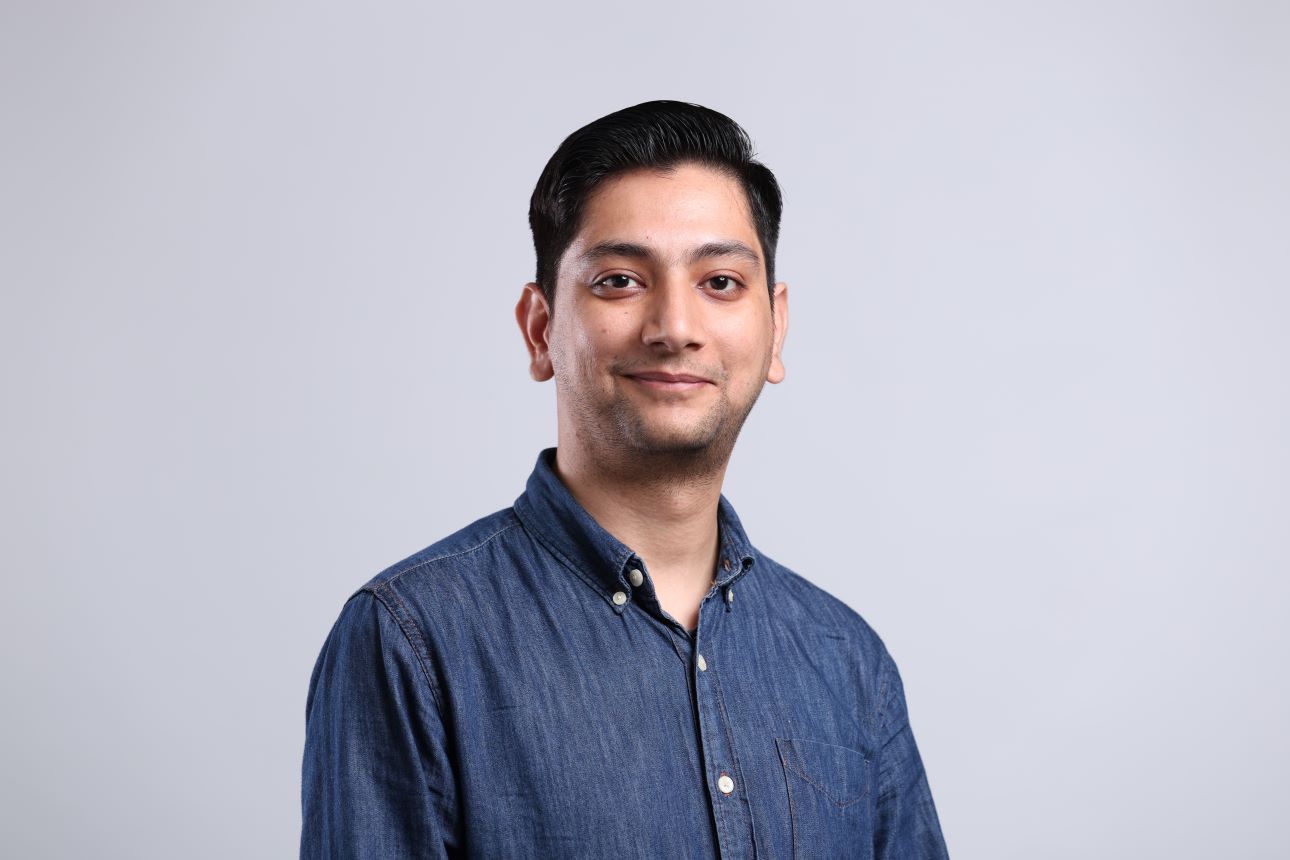

Prior to this he held Oxford-Emirates data science fellowship at Mathematical Institute, University of Oxford (10/2018-12/2020), position of Academic Advisor at Kellogg college Oxford (7/2019-12/2020) and SNSF funded postdoctoral position at IDIAP research Institute, Switzerland (2/2018-10/2018). He received his TCS Innovation Labs funded Ph.D from School of Computing and Electrical engineering, IIT Mandi, India in 2018; following M.E and B.E in electronics and communication engineering from Panjab University Chandigarh, India in 2013 and 2011, respectively. His research focuses on the design, and analysis of numerical algorithms for information inspired applications, which is multi-disciplinary and lies at an intersection of Engineering, Maths and Computer Science. On the theoretical front he is currently working on developing theories of deep learning using tools from random matrix theory, and information theory, where as on the applied front his research interest is in area of speech/audio analytics on problem such as acoustic modelling and coding, voice biometrics, pathological speech and audio categorization. His research has been disseminated in several internationally reputed journals and conferences, including JASA, IEEE TASLP/TMM, Elsevier Speech Communication/CSL/PRL, ICML, NIPS, INTERSPEECH, and ICASSP. Network: Infosys Centre for AI
Lab: Cross-Caps - https://bit.ly/38UqDk1
